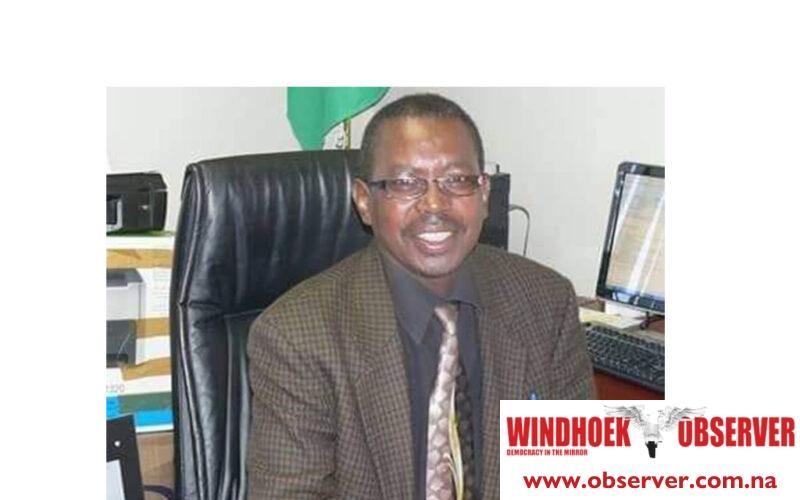Erasmus Shalihaxwe
Social commentators have criticised politicians who are promising to increase the old age grant.
Ben Mulongeni, in an interview with the Windhoek Observer, said it is immoral and unethical to give the elders hope that is never going to materialise.
‘’Those are intentional lies, they are doing it to gain votes, and they should know that they are abusing old people by promising to increase the old age pension. They should know that it is immoral and unethical to lie to the elders. The finance minister already said that there is no money for increments, so why are they going to lie like that,’’ stated Mulongeni.
If elected as the next president, Vice President Netumbo Nandi-Ndeitwah pledged two weeks ago to fulfil the wish of former president Hage Geingob by raising the old age pension from the current N$1 400 to N$3 000.
Opposition leaders criticised Nandi-Ndaitwah for her remarks.
They questioned why she wanted to wait until she was elected president to fulfil Geingob’s wish, while she had been part of the government for over 30 years.
Ally Angula, an aspirant independent presidential candidate, has also pledged to raise the old age grant to N$2 700 if she gets into the nation’s highest office.
Mulongeni questioned whether increasing the old age pension would industrialise the country, create employment for the youth, or produce food.
‘’If pension increases are going to bring medicine to public hospitals, will it help mothers and babies that are sleeping on the floors at hospitals that are reading in the news every day?’’ he questioned.
Mulongeni said he also took issue with the late president for making a promise while he knew the country had no money.
‘’They said you can’t criticise the dead and hold them accountable, but what he (Geingob) did was wrong. He made a mistake that could cost Swapo votes. Because the old people will be demanding that money. (Elaka la nakufya ihali kupulwashi) The promise of the dead cannot be disregarded,’’ cautioned Mulongeni.
Mulongeni added that he suffered when he was at Namibia Broadcasting Corporation (NBC) because he did not support the ideas of some board members who suggested that they would buy high-quality cameras for NBC to shoot a movie about Sam Nujoma’s contribution to the liberation struggle.
‘’I told them it’s unrealistic to record Nujoma’s work from the beginning of his activism before he went into exile up to the days of independence. When I was old, I was against him (Nujoma). Today, where is the movie? People made those promises because they wanted to get close to Nujoma. So people should stop making nonsensical promises. They can’t even take care of the veterans,’’ argued Mulongeni.
A political science lecturer at UNAM, Gurvy Kavei, said the issue of increasing old-age pensions often becomes a hot topic during election cycles, with candidates vying for the support of the elderly population.
This tactic, according to him, raises questions about whether such promises are a genuine concern for the welfare of seniors or merely a calculated ploy to secure votes.
‘’While politicians rarely address this issue outside of election campaigns, the promise of increased pensions appears to be a tempting bargaining chip, particularly for established political parties relying on the loyalty of older voters. New political parties, lacking a strong track record, may also leverage this promise to attract voters disillusioned with the status quo,” he said.
Kavei said this needs a more nuanced perspective.
He added that despite the immediate appeal of increased pensions, it’s crucial to examine the long-term implications and potential consequences for national development.
Namibia’s National Development Plans (NDP1–NDP6), including Vision 2030, highlight poverty, unemployment, and inequality as the country’s most pressing challenges.
“While increased pensions may address income inequality to some extent, it’s vital to consider whether this alone constitutes an effective strategy for tackling these multifaceted issues,” said Kavei.




